Magnus Carlsen's Opposite-Colored Bishops Strategy in the Middlegame - Remote Chess Academy
Por um escritor misterioso
Last updated 03 março 2025

This is an article written by the RCA guest coach FM Zaur Tekeyev. <<—————————————————————>> It’s well known that endgames with opposite-colored bishops tend to be drawish. Sometimes even having a few extra pawns can’t guarantee a win. But what about middlegames? Are opposite-colored bishops a sign for a draw in every position? The answer is no. Opposite-colored bishops in middlegames are in favor of the attacking side. The point is that you can use your bishop to put pressure on those squares that the enemy bishop can’t defend. So basically it gives you a material advantage on the squares of your bishop’s color. Recently, I noticed that current World Champion Magnus Carlsen had a few good examples of such middlegames and so, in this article, I would like to illustrate the concept by using his games. Even though at the time the next game was played Carlsen was only 14 he already was a very good grandmaster. And even though the position was quite equal he managed to outplay his opponent quite convincingly. Brynell,Stellan (2496) – Carlsen,Magnus (2570) [D47] Gausdal Byggern Masters Gausdal (3), 03.10.2005 Black to play As you can see White has a pawn majority on the queenside but there’s no possibility to create a passed pawn in the future because everything will be easily blocked on the dark squares by Black’s bishop and queen tandem. While Black’s pawn majority on the kingside is very mobile and in the future it caused a lot of headaches to White’s king. Also, let’s point out that there’s a weak point in White’s position on f2. So young Magnus first focused on that weakness to make White’s pieces more passive and only then started trying to move his pawns on the kingside. Let’s see how the game continued: But you may argue why did I say that the position was equal if Black won so easily? Fair point. But that was the objective evaluation of the position. The thing is that White had to be very careful to make a draw. More precise maneuvering could make Black’s task much more difficult. Or, for example, on move 40 something like h2-h4 or h2-h3 was interesting with the idea to stop Black’s h-pawn from moving further. In the next position, Black’s pieces were more active than their counterparts so Magnus had to be very careful not to lose the game. Carlsen, Magnus (2765) – Inarkiev, Ernesto (2684) [A48] Baku FIDE GP Baku (3), 23.04.2008 White to play Would you try to exchange all the pieces and try to make a draw in the endgame? Magnus found the best way to defend – to attack! After pawn sacrifice, White’s pieces became really active and now Black had to defend! Previous games showed us that it’s good to attack in positions with opposite-colored bishops even in endgames. In the next game, we will see how strong the attack can be in a full of pieces position. Vachier Lagrave, Maxime (2778) – Carlsen, Magnus (2882) [B31] Sinquefield Cup 7th Saint Louis (11), 28.08.2019 Black to play First, the transition into a position with opposite-colored bishops was a great decision by Carlsen. White cleverly decided to complicate things and made some sacrifices but as the main line I decided to show you what Magnus wanted to achieve and Maxime tried to avoid. 22…Bxc3! 23.Rxc3 e5 Now in case of 24.Bc1 [In the game White decided to complicate things with 24.Rd3! It was the best try but leads the game out of the scope of the article. 24…exf4 25.Qb2+ Rbg7 26.h6 fxe4 27.Rd2 exf3 28.hxg7+ Rxg7 29.Rxf3 Qg5 30.Rdf2 Nd4 31.Rxf4 Bf5 32.b4 Be6 33.Rf8+ Bg8 34.bxc5 dxc5 35.Qb8 Qe3 36.Qd6 Qc1+ 37.Kh2 Qg5 38.Qd5 Qh4+ 39.Kg1 Qe7 40.Qh5 Qe3 41.Qh4 Ne2+ 42.Kh1 Qc1+ 43.Rf1 Ng3+ 44.Kg1 Qe3+] 24…f4 25.Qd2 Rbg7 26.Rf2 Bb7 Black would get a decisive attack 27.Qe2 Nd4! 28.Nxd4 cxd4 29.Rh3 Qa8 30.Rh2 Bxe4–+ Look at the difference between the bishops! 0-1 About the author Zaur Tekeyev is a FIDE Master (FM) from Russia with URS rating 2422. He is the winner of the Russian Student Chess League’s Championship (Moscow, 2017), and the Champion of NCFD in rapid chess (2019). He likes more human-like approach in chess rather than computerish, and so he tries hard to find some logic behind the moves.
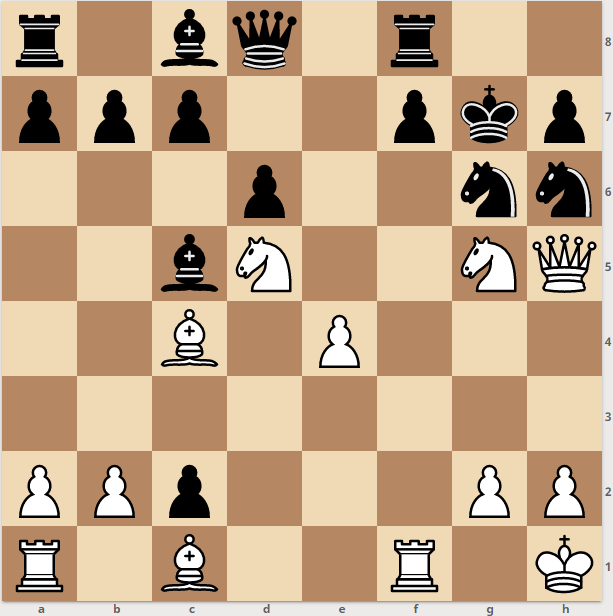
Chess Room Newsletter #931
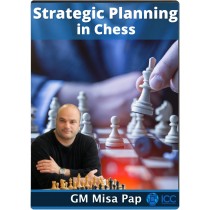
Videos - Internet Chess Club

Chess Skills: 2021
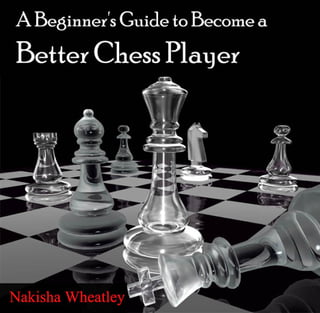
Nakisha wheatley a beginner´s guide to become a better chess player+
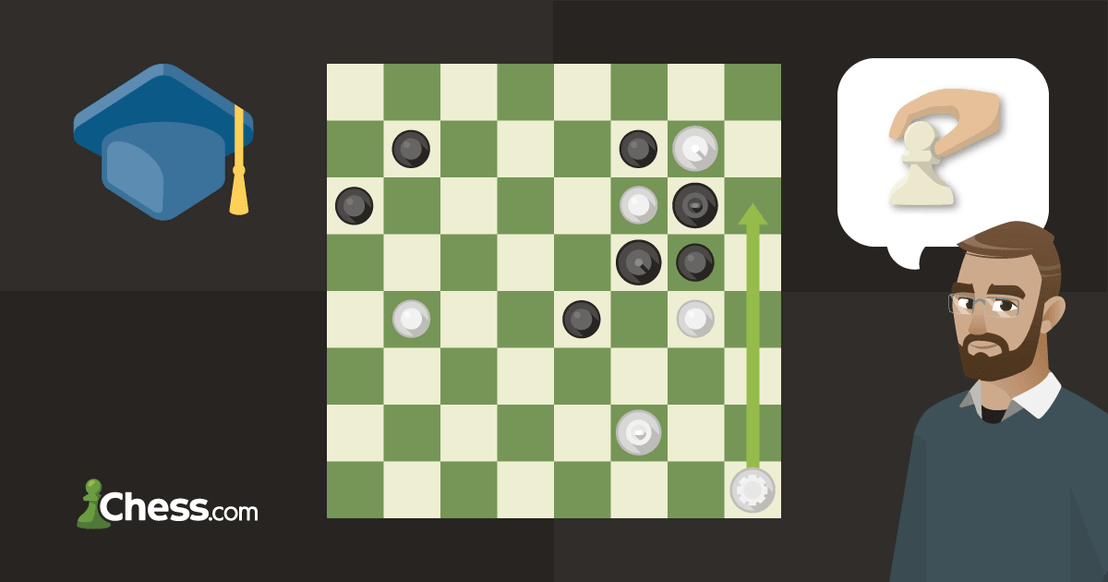
Chess Lessons - Learn with Online Courses

When Drunk Magnus Carlsen Challenged Me To A Chess Game 🥴 - Remote Chess Academy

The important short Diagonal in same colored Bishop Endgames
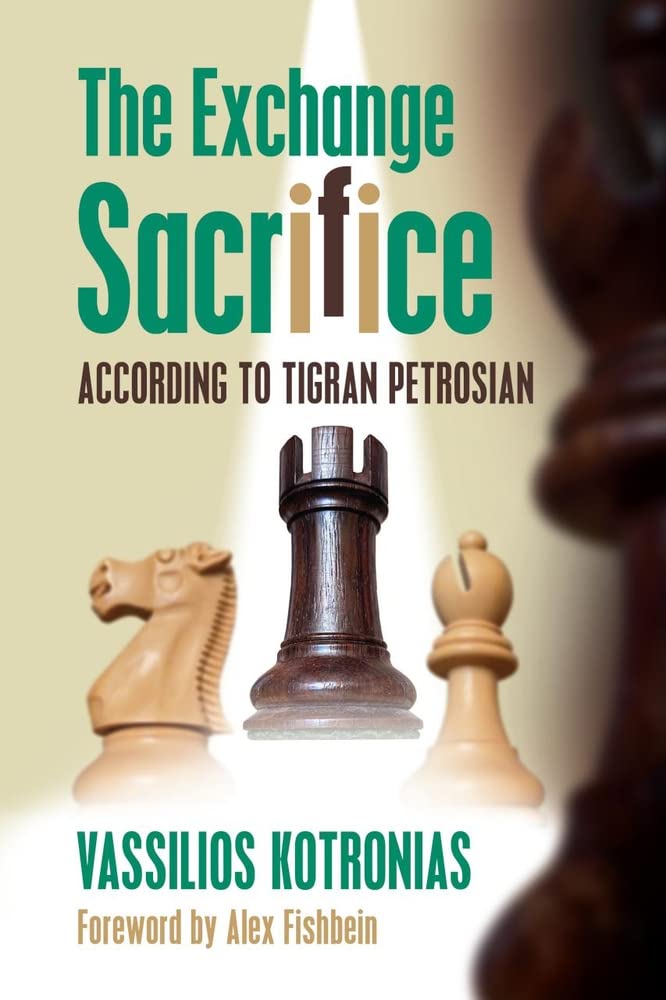
Middlegame Archives - British Chess News
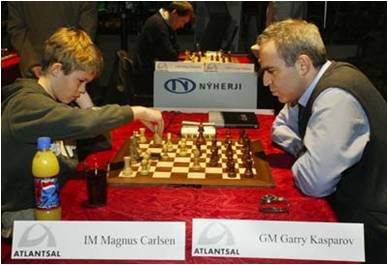
10 Chess Improvement Rules Most Players Forget - TheChessWorld

Win with opposite colored bishops by Kasparov
Recomendado para você
-
 Magnus Carlsen vs Garry Kasparov (2004)03 março 2025
Magnus Carlsen vs Garry Kasparov (2004)03 março 2025 -
 Sinquefield Cup 3: Niemann beats Carlsen to cross 270003 março 2025
Sinquefield Cup 3: Niemann beats Carlsen to cross 270003 março 2025 -
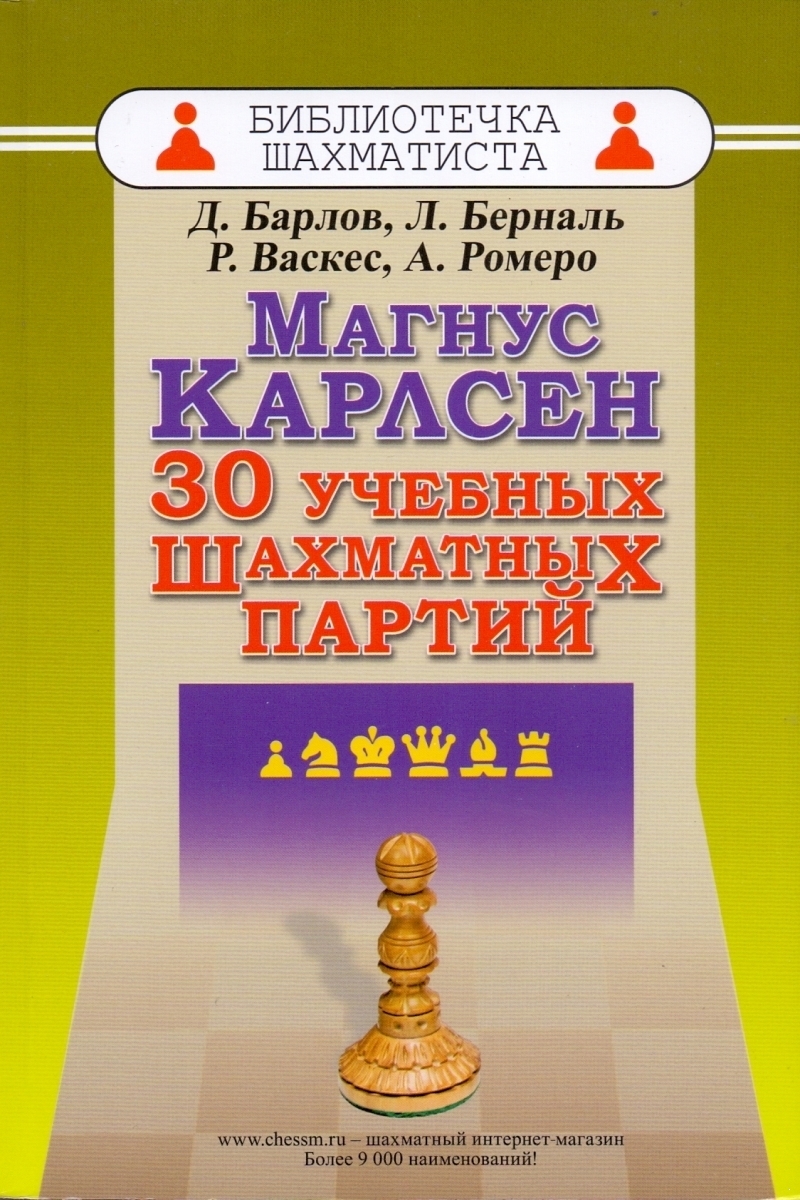 Magnus Carlsen. 30 educational chess games (electronic book)03 março 2025
Magnus Carlsen. 30 educational chess games (electronic book)03 março 2025 -
Beautiful draw vs Magnus Carlsen #chess #magnuscarlsen #chesstactics # chessgame03 março 2025
-
 He Broke Chess. - Part 4. #gothamchess #chess #chesstok #chessman #che03 março 2025
He Broke Chess. - Part 4. #gothamchess #chess #chesstok #chessman #che03 março 2025 -
 Was watching GothamChess and M*gnus C*arlsen didn't En Passant : r/AnarchyChess03 março 2025
Was watching GothamChess and M*gnus C*arlsen didn't En Passant : r/AnarchyChess03 março 2025 -
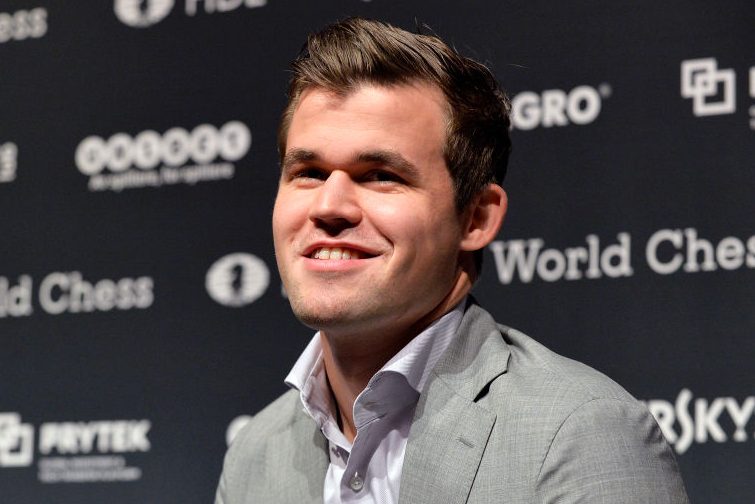 Magnus Carlsen Is Terrorizing Internet Chess Games Under a Pseudonym - InsideHook03 março 2025
Magnus Carlsen Is Terrorizing Internet Chess Games Under a Pseudonym - InsideHook03 março 2025 -
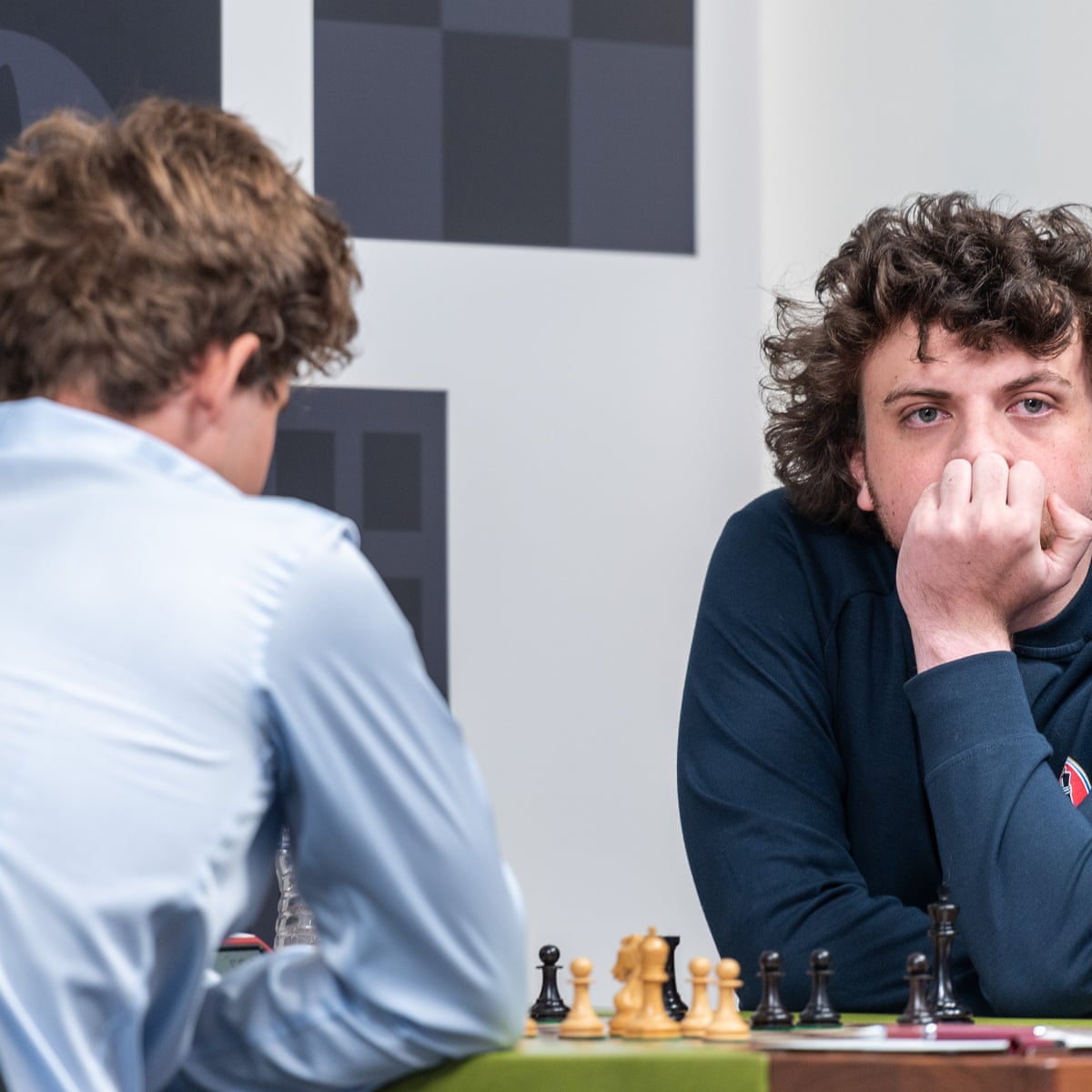 Hans Niemann probably cheated in more than 100 chess games, investigation finds, Chess03 março 2025
Hans Niemann probably cheated in more than 100 chess games, investigation finds, Chess03 março 2025 -
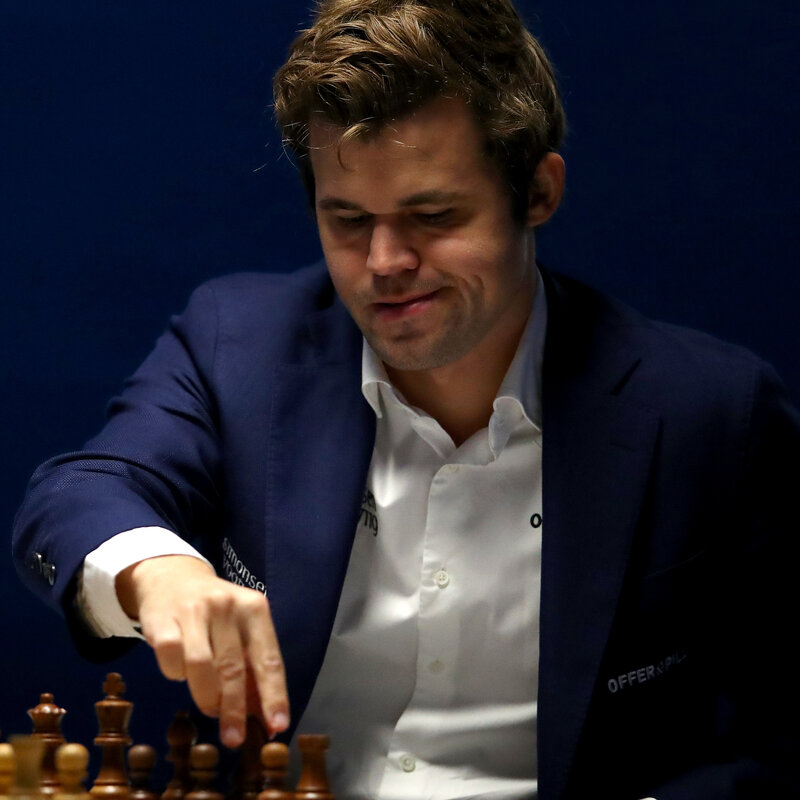 Hans Niemann's chess cheating scandal looms over his play at U.S. championships : NPR03 março 2025
Hans Niemann's chess cheating scandal looms over his play at U.S. championships : NPR03 março 2025 -
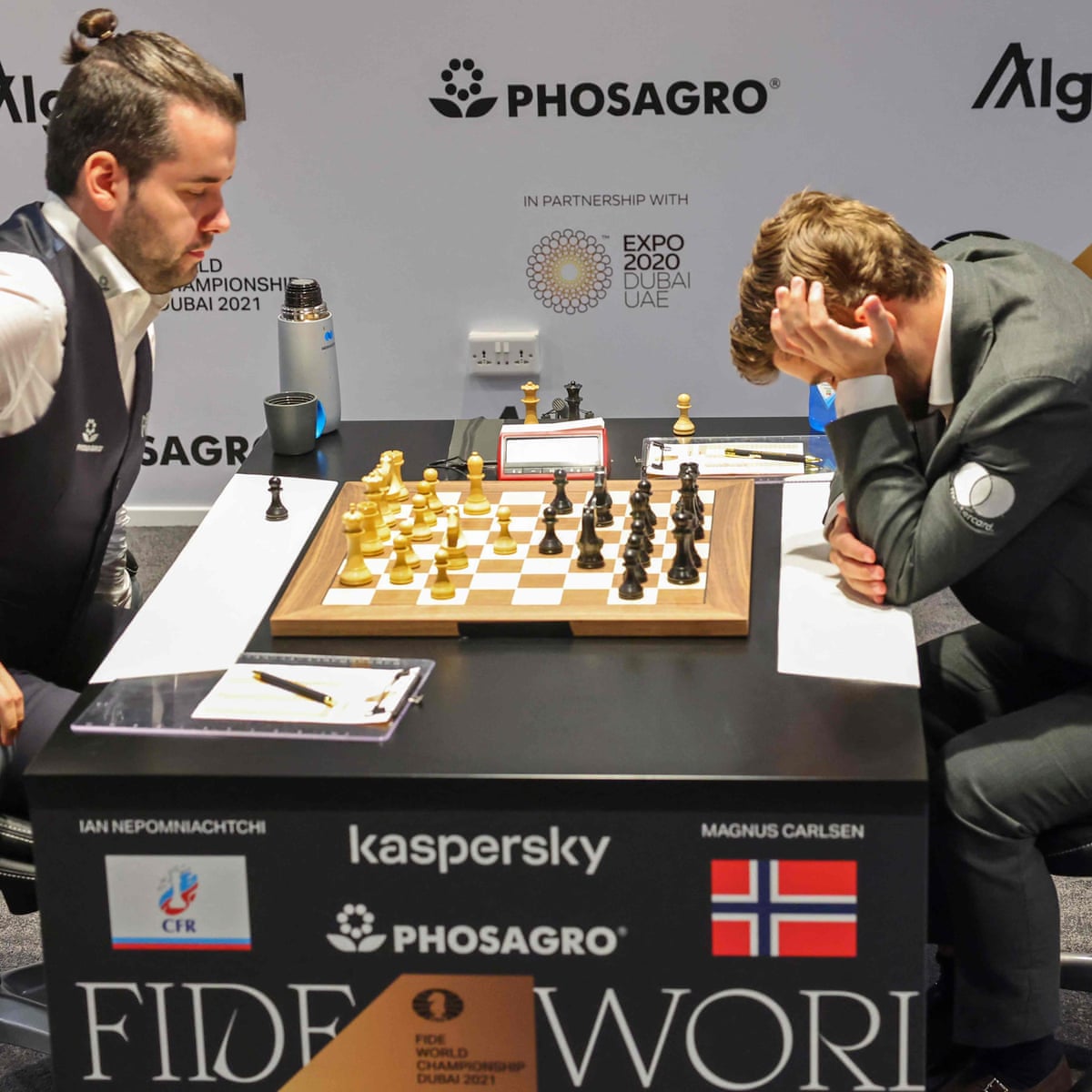 Magnus Carlsen defeats Ian Nepomniachtchi in Game 6 of World Chess Championship – as it happened, World Chess Championship 202103 março 2025
Magnus Carlsen defeats Ian Nepomniachtchi in Game 6 of World Chess Championship – as it happened, World Chess Championship 202103 março 2025
você pode gostar
-
 Strike the Blood Final Yukina Himeragi (Black Lingerie Ver.) 1/403 março 2025
Strike the Blood Final Yukina Himeragi (Black Lingerie Ver.) 1/403 março 2025 -
 Chess Teacher Board Game Checkmate Chessboard Gift Jigsaw Puzzle by Amango Design - Pixels03 março 2025
Chess Teacher Board Game Checkmate Chessboard Gift Jigsaw Puzzle by Amango Design - Pixels03 março 2025 -
 Andrea Bocelli's son Matteo Bocelli shares touching picture with03 março 2025
Andrea Bocelli's son Matteo Bocelli shares touching picture with03 março 2025 -
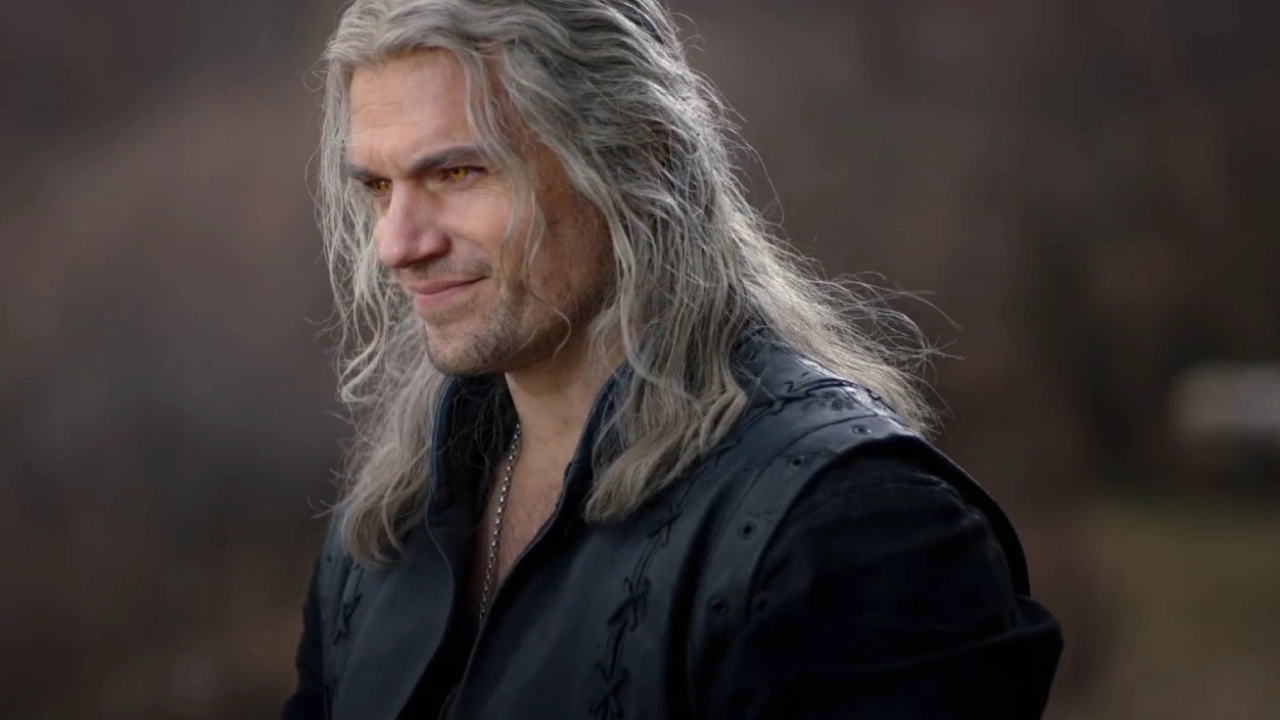 The Witcher chega a sua terceira temporada na Netflix - Folha BV03 março 2025
The Witcher chega a sua terceira temporada na Netflix - Folha BV03 março 2025 -
Moto Vlog Brasil 2 - News for Android - Free App Download03 março 2025
-
 Female Blood Knight lacking femininity? : r/DiabloImmortal03 março 2025
Female Blood Knight lacking femininity? : r/DiabloImmortal03 março 2025 -
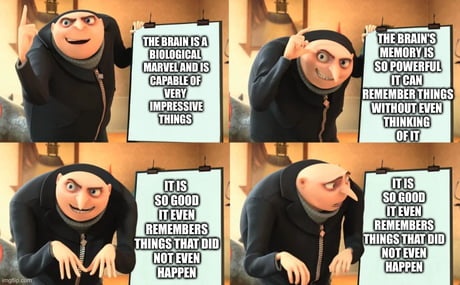 Best Funny gru Memes - 9GAG03 março 2025
Best Funny gru Memes - 9GAG03 março 2025 -
 This Mod Allows You To Play Singleplayer With Friends - NO LAN03 março 2025
This Mod Allows You To Play Singleplayer With Friends - NO LAN03 março 2025 -
TAZO POKEMON DKV #817 DRIZZILE 2019 Sword & Shield PERU Edition Pogs Taps03 março 2025
-
 Protetor Motor Whelling Stunt Race Vermelho Fazer 250 Até 1703 março 2025
Protetor Motor Whelling Stunt Race Vermelho Fazer 250 Até 1703 março 2025
